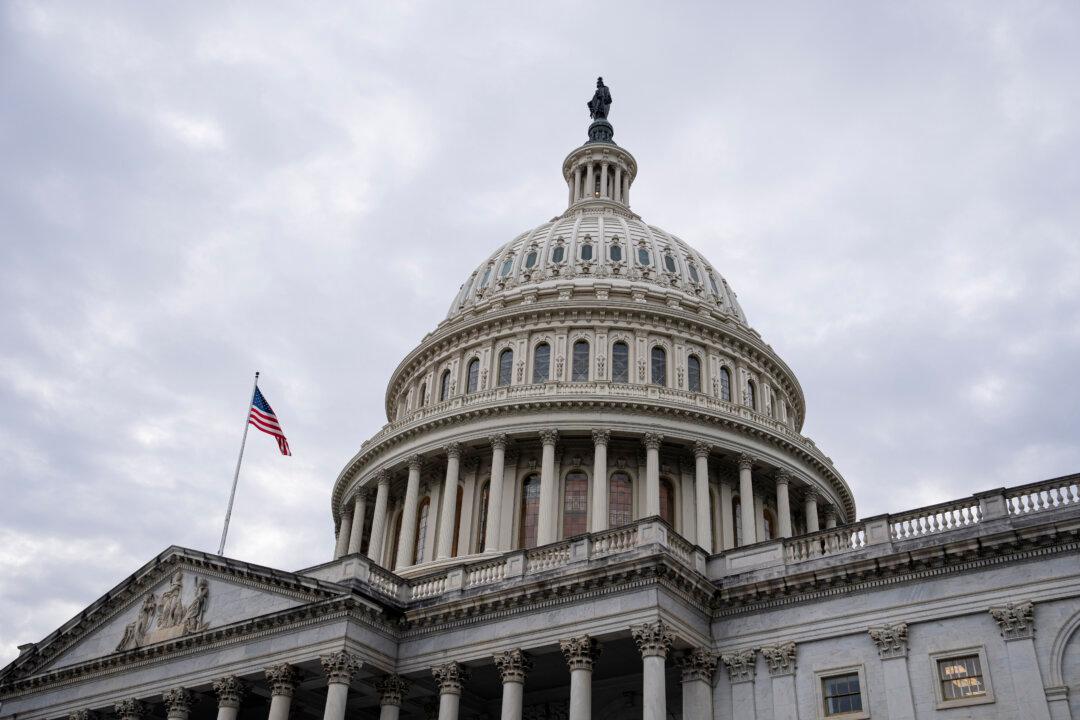Breaking: The ICC issues arrest warrants for Israeli Prime Minister Benjamin Netanyahu and former Defense Minister Yoav Gallant, alleging war crimes and crimes against humanity in Gaza.
President-elect Donald Trump has wasted no time in appointing his Cabinet members since his victory in the Nov. 5 presidential election.





